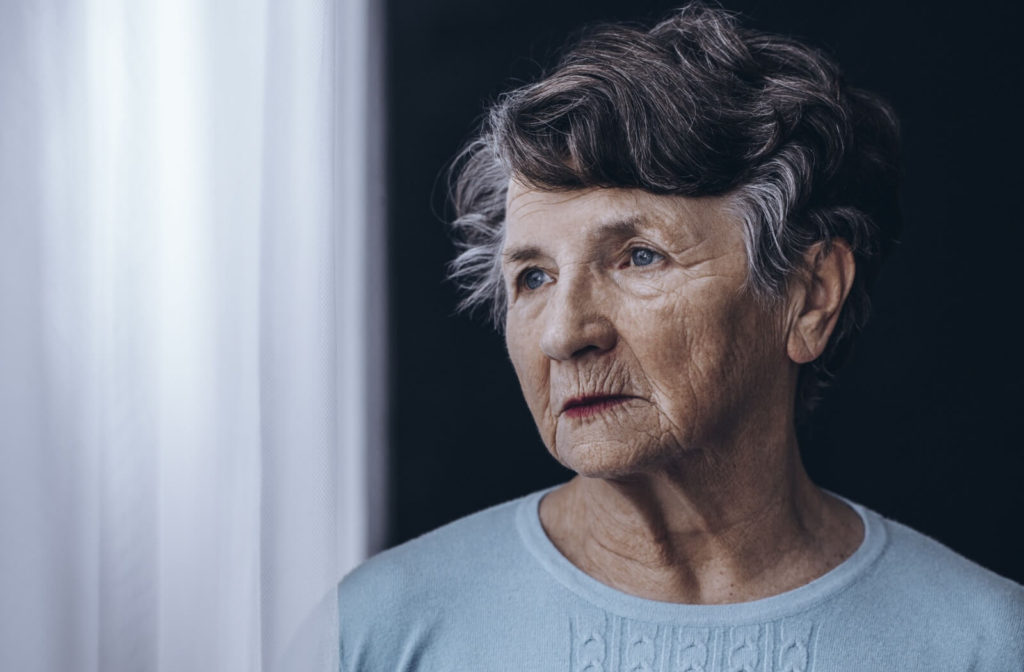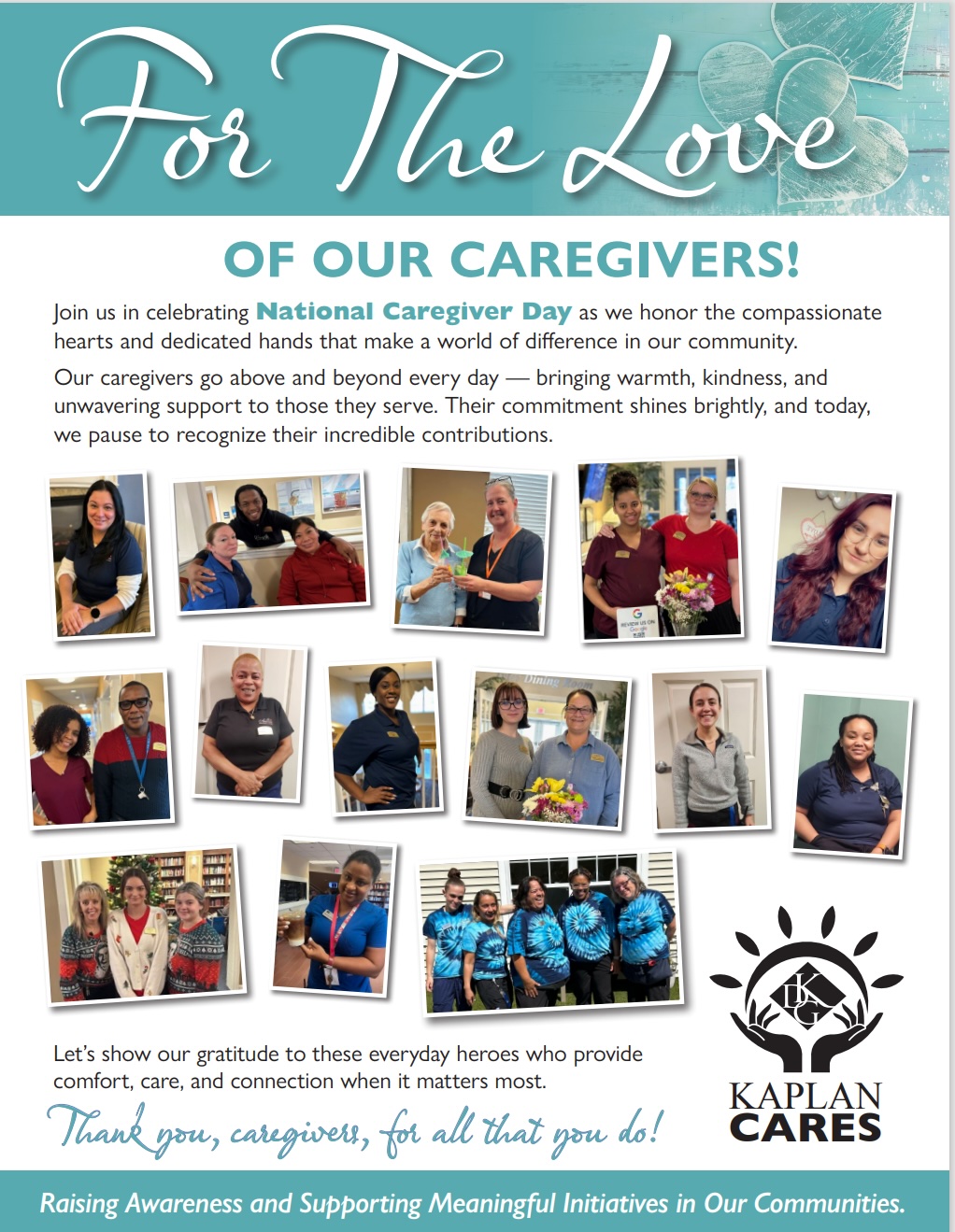Lewy body dementia (LBD) is a complex form of dementia that can develop gradually. LBD affects one’s cognitive abilities, motor skills, behavior, and mood.
There are 7 stages of LBD. Recognizing and understanding these stages helps caregivers and medical professionals understand the severity of a person’s dementia and can help you provide the care, support, and future planning that your loved one needs during this difficult time.
The 7 stages of Lewy body dementia are categorized by increasing cognitive and physical decline of the mind and body. They include:
- No cognitive impairment
- Very mild cognitive impairment
- Mild cognitive dementia
- Moderate dementia
- Moderately severe dementia
- Severe dementia
- Very severe dementia
What Is Lewy Body Dementia?
Lewy body dementia (LBD) is a form of dementia that progresses over time and impacts one’s cognitive functions such as thinking, reasoning, and information-processing skills. The progressive nature of LBD means symptoms develop slowly and worsen over time.
An estimated 1.4 million Americans have LBD. Three key features distinguish LBD from other forms of dementia:
- Fluctuating mental functioning in attention and alertness
- Recurrent, detailed visual hallucinations
- Parkinson’s disease-like movements, e.g. rigid muscle movement, slow movement, difficulty walking, and body tremors
The severity of the symptoms of dementia varies among individuals, but its progression is scaled through stages.
Why Does Knowing the Stage of Lewy Body Dementia Matter?
Understanding the progression of LBD and what to expect during each stage allows families and caregivers to plan and care for their loved ones accordingly.
There may come a time when your loved one will need full-time support and care. Stages can act as a guide for when to check in with medical professionals. Monitoring the symptoms your loved one is experiencing can be helpful to maintain quality care.
As we share the stages of LBD and the symptoms one may experience, keep in mind that stages may overlap and not be defined as clearly as we describe. An individual may need support in certain tasks one day and no support the next. Symptoms linked with behavior may develop in one stage and reduce later on.
Stage 1: No Cognitive Impairment
Individuals in stage 1 have no dementia and show no signs of cognitive impairment. They have normal cognitive function and body movement. They experience no signs of memory loss. Be mindful that occasional forgetfulness is human and a normal part of aging.
Stage 2: Very Mild Cognitive Impairment
In stage 2, an individual may experience mild cognitive impairment. They may need help remembering names and locations, and misplace objects around the home. These symptoms are not evident to loved ones or medical professionals due to the subtlety of the symptoms.
Stage 3: Mild Cognitive Decline
Your loved one can become increasingly and frequently forgetful to the point where they begin to feel disoriented. They may have difficulty finding the right words to express themselves. Their ability to focus and concentrate on work and tasks decreases.
In this stage, they begin experiencing motor symptoms such as body tremors or rigid muscle movement. While the symptoms become more noticeable, it’s still too early to confirm a diagnosis. An individual may benefit from supervision for safety reasons.
Stage 4: Moderate Dementia
In stage 4, some individuals may be officially diagnosed with LBD. Cognitive decline can be seen during examinations, testing, and scanning.
Forgetfulness and decline in memory begin to become disruptive, and they may be unable to keep up with normal routines. They may forget to pay bills, miss appointments, and have trouble managing finances.
At this stage, your family may consider planning for future memory care.
Stage 5: Moderately Severe Dementia
An individual may forget personal details, such as their address or phone number. They will be unable to remember the date and time. They may not remember their name and can begin to experience visual hallucinations or delusions.
In this stage, they will need specialized assistance and support to carry out daily tasks in their routine like dressing, cooking, cleaning, and bathing.
Stage 6: Severe Dementia
Otherwise considered “middle dementia” an individual will forget the names of their loved ones, major life events from the past, or even just a few days ago. Communicating will become stressful for them, they may speak only a little. There is significant memory loss.
They will be unable to carry out routine personal care such as bathing, brushing their teeth, or dressing on their own. They may lose control of their bowels and bladder. They will require assistance at all times to live comfortably.
In this stage, a person may also experience changes in their behavior and mood, including delusions, compulsions, and anxiety.
Stage 7: Very Severe Dementia
In stage 7, “late dementia” an individual will experience severe cognitive decline. They will have severe difficulty communicating and are unable to speak. Due to the loss of motor skills (the ability to walk and swallow their food), they will require full-time support and assistance with most activities.

When You Should Consider Seeking Memory Care
Caring for a loved one with Lewy body dementia can be a serious challenge, but you don’t have to take it on alone. Caregiver burnout is serious and can lead to an emotional decline that will affect the quality of care you can provide.
Due to the progressive and debilitating nature of LBD, professional care provided in memory care communities offers a safe environment for our residents to maintain quality of life. At Bentley Assisted Living at Branchville, our residents have access to activities and therapies to help maintain their cognitive abilities. Deciding when to consider memory care for a loved one is a family decision that can be difficult to make. Let us help. Contact us today for the answers you need about memory care.





